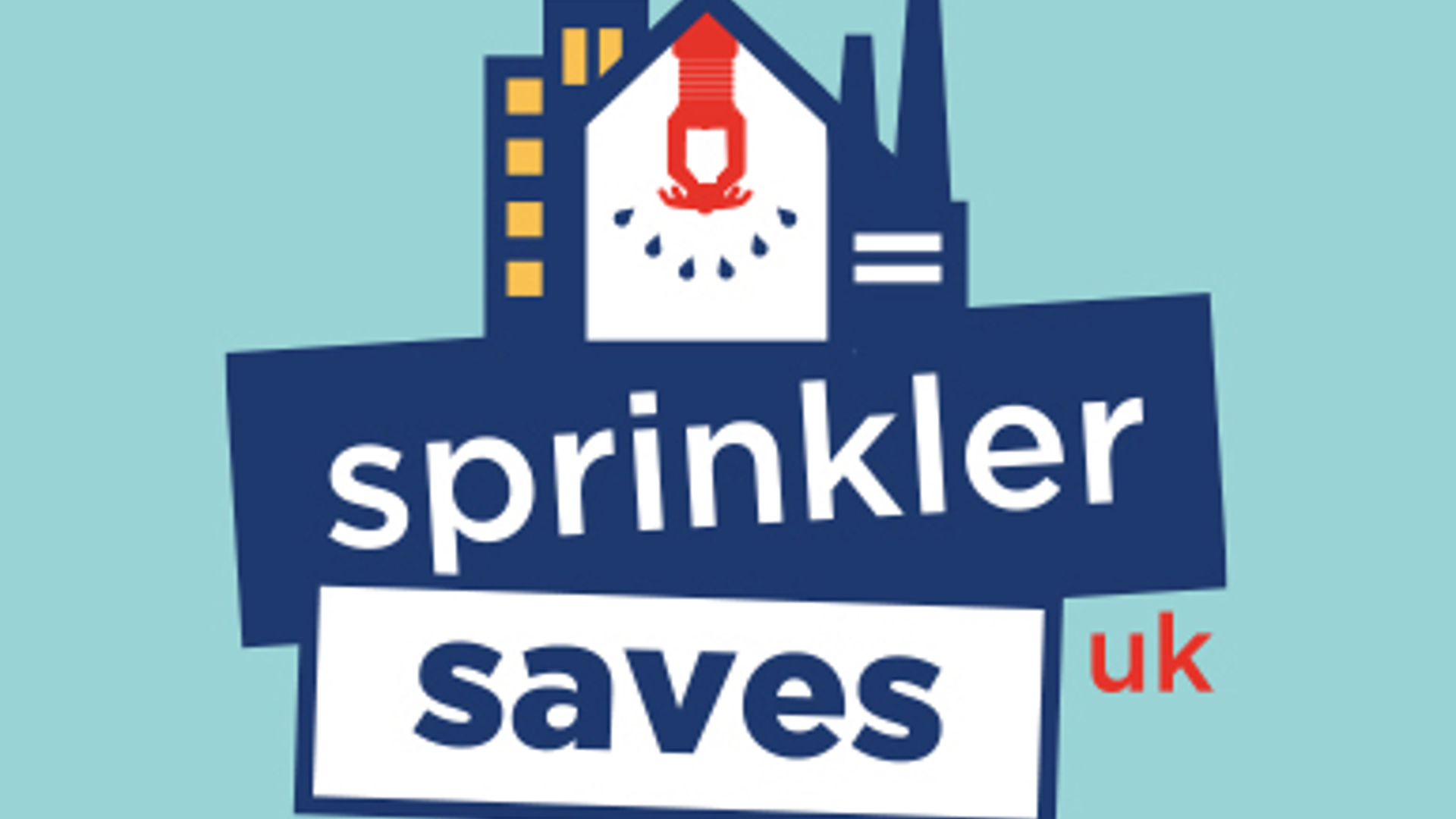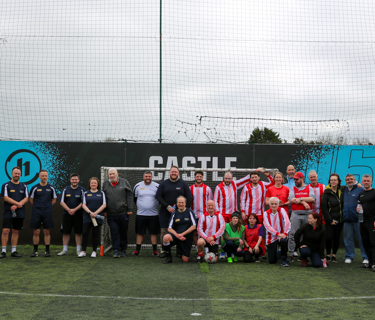This year's National Sprinkler Week, running from 15-21 May aims to spread awareness of the facts about sprinklers and promote a greater understanding of their benefits.
Sprinklers have been proven to save lives and reduce injuries, protect property, and reduce the impact of fire on the environment. In addition, they assist search and rescue operations and reduce the risk to firefighters, increase community resilience, and preserve heritage.
Let's work together to promote fire safety in your homes and raise awareness of the benefits of sprinklers. Join us in celebrating #NationalSprinklerWeek.
How do they work?
Sprinklers are highly reliable, in both converted and purpose-built flats, proving extremely effective in controlling and even extinguishing fires.
The sprinkler system works separately from the fire alarm system. It is made up of a network of pipes filled with water, and sprinkler heads found at important areas throughout your home and the communal areas of the building.
If a fire breaks out it creates hot gasses that rise to the ceiling and spread. When they reach the nearest sprinkler head it activates allowing a fine spray of water to cover the fire, which in most cases will put it out or limit toxic smoke until the fire service arrives.
Because the water will cool the fire straight away, only the sprinkler nearest the fire will activate. If the fire is hot enough that one sprinkler cannot handle it alone, the nearest next sprinkler will activate to help stop the fire. When the water has cooled the fire down enough, it will stop.
Do I have to do anything in the event of a fire?
You should follow the emergency procedures that are posted in your building.
Even if there are sprinklers fitted if the fire is in your flat, you should always remove yourself and your family from the flat and the building. Call the Fire service once you have fully left the building.
If you are unsure of the emergency procedures, please speak to your Housing Officer.
I don't have a sprinkler in my property, should I be worried?
Not at all, we prioritise fire safety and take proactive steps to ensure the safety of our residents by working very closely with Devon and Somerset Fire and Rescue Service. All of our homes have a fire risk assessment, with sprinklers usually fitted in larger high-rise buildings.
Common Myths and Misconceptions
When there is a fire, all the sprinkler heads go off.
False! In the event of a fire, only the sprinkler closest to it will activate, spraying water directly over the fire. The water from the sprinkler cools the fire’s gases and in nearly all cases there is not enough heat to trigger the next nearest sprinkler, leaving the rest of the property dry and secure.
They will go off accidentally or activate anytime a smoke alarm is set off.
Another common myth, but this is also false, the odds of a malfunction are about 16 million to 1. The sprinklers are activated by heat, not smoke, and are only activated in temperatures more than 58 Degrees Celsius.
Water from a sprinkler causes more damage than the fire.
False! Sprinklers reduce property loss and damage in the event of a fire. They quickly control the heat and smoke from the fire, limiting damage to other areas of the home and giving people valuable time to leave the building safely. Any water damage from a sprinkler will be much less severe than the damage caused by water from fire-fighting hose lines, which use up to eight-and-a-half times more water.




